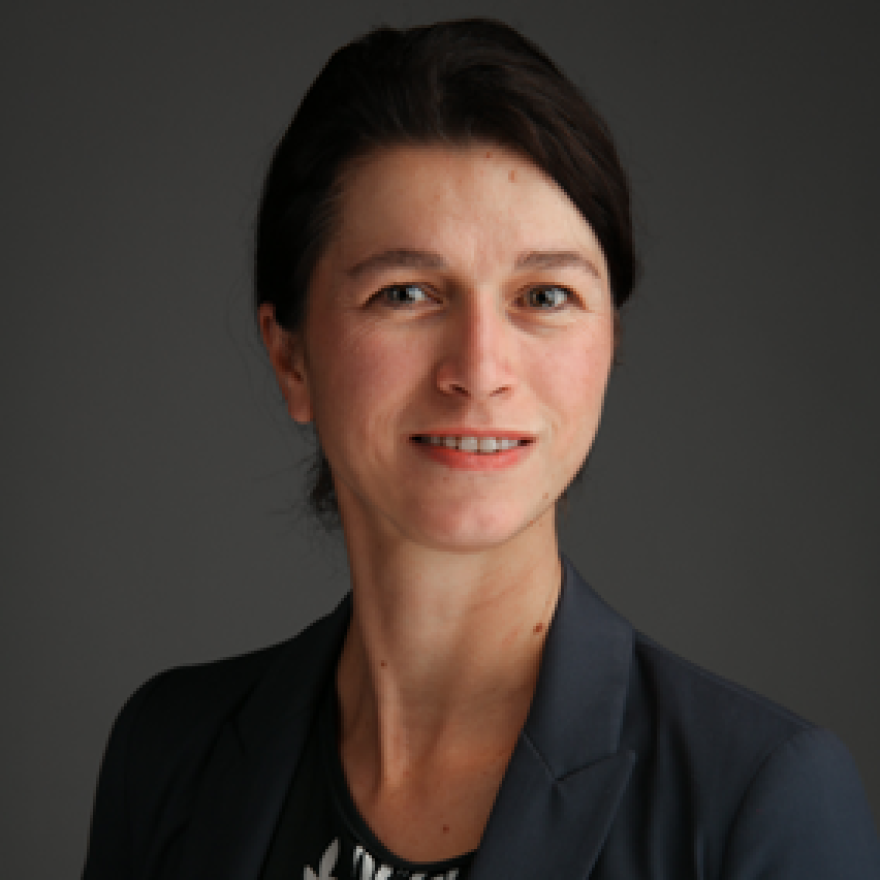- There was a higher mean monthly number of health visits and chlamydia tests among both males and females during the Program (July 2010–Dec 2013), compared to 6 month a period before the program commenced (January–June 2010).
- The youth survey showed that females who had participated in SRH activities were more likely to know where to access the emergency contraceptive pill (75% vs 52%, p 0.005) and have accessed an ACCHSs for condoms (65% vs 22%, p<0.001) compared to youth who had not participated in any health promotion activities. There was little difference among males (43% vs 30%, p=0.178).
- There was an increase (+46%) in the number of new contraceptive prescriptions. The largest increase was among females aged 16-19 years, of whom 58% were prescribed long acting reversible contraceptive (LARC) methods. There was a 38% increase in the prescription of LARCs and 51% increase in other contraception types among 16–24 year olds.
The NSW Aboriginal Sexual and Reproductive Health (SRH) Program was a NSW Ministry of Health initiative which aimed to increase Aboriginal youth’s (aged 12–19 years) access to sexual and reproductive health programs through health promotion initiatives delivered by Aboriginal Sexual and Reproductive health workers based in seven Aboriginal Community Controlled Health Services (ACCHSs) and one Local Health District across NSW.
A process and impact evaluation of the Aboriginal SRH program was conducted from 2011 to 2014 by the Kirby Institute and Family Planning NSW. The evaluation aimed to measure the impact that the Aboriginal SRH workers and activities had on increasing; young Aboriginal people’s sexual and reproductive health literacy, self-reported confidence and intention in discussing sexual and reproductive health issues, access to sexual and reproductive health care, knowledge of pregnancy choices, use of condoms, and any reductions in sexually transmissible infections.
